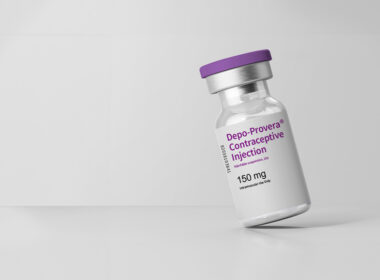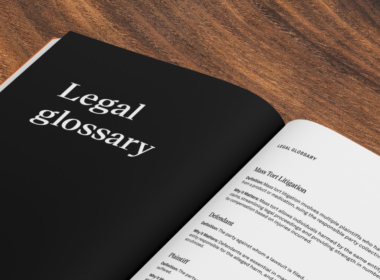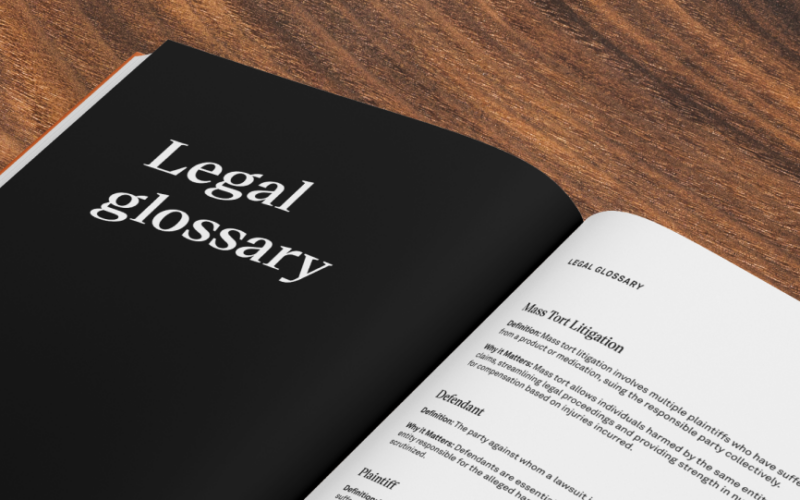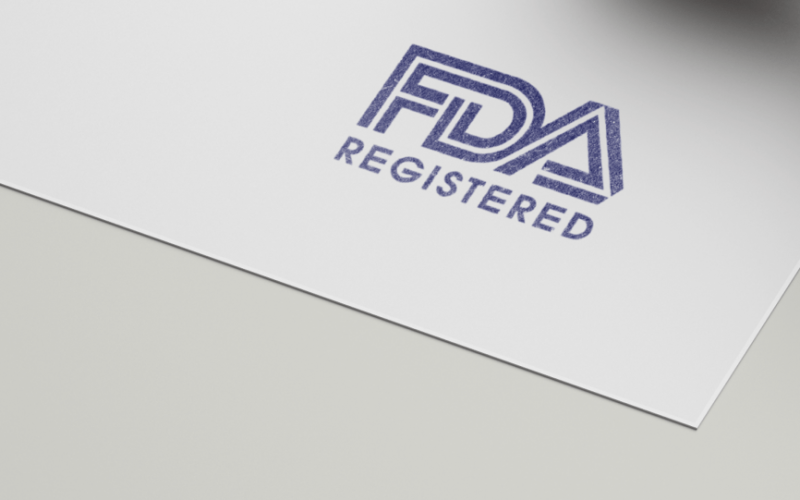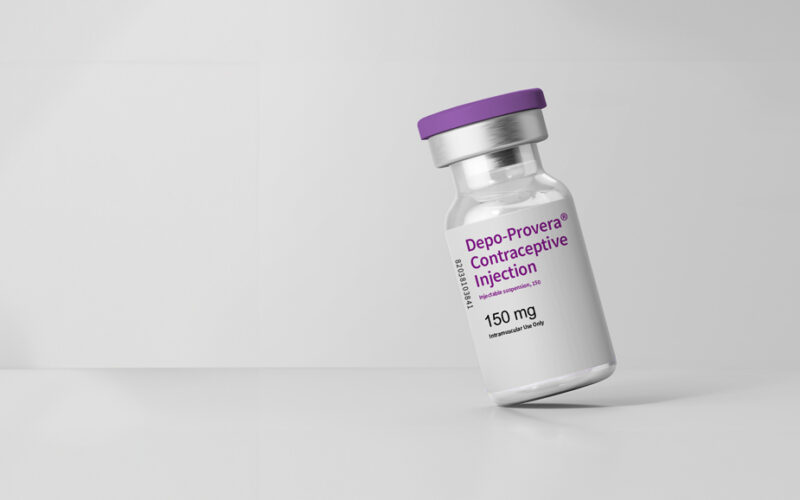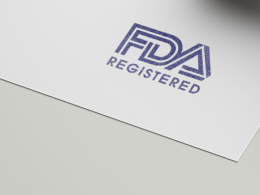Navigating the legal landscape can be confusing, especially when you find yourself involved in a mass tort litigation concerning medication adverse effects or product harm. Understanding the jargon is key to grasping the nuances of your case and making informed decisions. In this comprehensive glossary, we’ll break down complex legal terms into digestible explanations, empowering you with the knowledge you need to navigate your lawsuit confidently.
📞 If you’ve been harmed by a medication, you deserve compensation. Check your eligibility for free →
Mass Tort Litigation
DEFINITION
Mass tort litigation involves multiple plaintiffs who have suffered similar harm from a product or medication, suing the responsible party collectively.
WHY IT MATTERS
Mass tort allows individuals harmed by the same entity to consolidate their claims, streamlining legal proceedings and providing strength in numbers. They also allow for compensation based on injuries incurred.
Defendant
DEFINITION
The party against whom a lawsuit is filed, often accused of causing harm.
WHY IT MATTERS
Defendants are essential in mass tort litigations as they represent the entity responsible for the alleged harm, and their actions or negligence are being scrutinized.
Plaintiff
DEFINITION
The party who initiates a lawsuit, typically seeking compensation for harm suffered.
WHY IT MATTERS
Plaintiffs drive mass tort litigations forward by presenting their grievances and seeking legal recourse for their injuries or losses.
Class Action
DEFINITION
A lawsuit filed by a representative plaintiff on behalf of a larger group of people with similar claims.
WHY IT MATTERS
Class actions are often confused with mass torts, but they differ in key aspects, primarily in how plaintiffs are treated and compensated. In a class action lawsuit, plaintiffs are compensated evenly vs. based on their individual injuries.
Product Liability
DEFINITION
Legal responsibility of a manufacturer or seller for injuries caused by a defective product.
WHY IT MATTERS
In mass torts involving product harm, proving product liability is crucial for holding the responsible party accountable and securing compensation for victims.
Negligence
DEFINITION
Failure to exercise reasonable care, resulting in harm to others.
WHY IT MATTERS
Allegations of negligence are common in mass tort litigations, as plaintiffs seek to establish that the defendant’s actions or inactions led to their injuries.
Discovery
DEFINITION
Pre-trial phase where parties gather evidence and information from each other.
WHY IT MATTERS
Discovery is essential for building a strong case, as it allows both parties to uncover crucial facts, documents, and witnesses relevant to the lawsuit.
Damages
DEFINITION
Compensation awarded to a plaintiff for losses suffered due to the defendant’s actions.
WHY IT MATTERS
Damages can include medical expenses, lost wages, pain and suffering, and punitive damages, providing financial relief to plaintiffs.
Statute of Limitations
DEFINITION
Time limit within which a lawsuit must be filed after the harm or injury occurred.
WHY IT MATTERS
Understanding the statute of limitations is crucial, as failing to file within the specified timeframe can result in the loss of legal rights to seek compensation.
Settlement
DEFINITION
Resolution of a legal dispute outside of court, often involving payment to the plaintiff.
WHY IT MATTERS
Settlements offer a quicker and less costly alternative to litigation, but plaintiffs should carefully consider whether the proposed terms adequately compensate for their losses.
Armed with this legal glossary, you now possess a foundational understanding of the terminology central to mass tort litigations involving medication harm. Remember, while legal proceedings may seem intimidating, knowledge is your greatest ally in seeking justice and securing fair compensation for your injuries or losses.
Should you find yourself suffering from a harmful drug or defective product, we are here for you. At no cost to you, we research and file your claim on your behalf, and help you seek justice for the harm caused. We’re here to guide you through the confusing complexities of the legal system with transparent communication and make it easy by doing the work for you and supporting you every step of the way. Click here to schedule your free consultation and start your journey to justice.
Sources
American Bar Association. “Mass Torts.” https://www.americanbar.org/groups/litigation/committees/mass-torts
Legal Information Institute. https://www.law.cornell.edu
Cornell Law School Legal Information Institute. https://www.law.cornell.edu
National Center for State Courts. “Class Actions.” https://www.ncsc.org/ncsc/Projects/REJI/FAQs/Class-Actions.aspx




